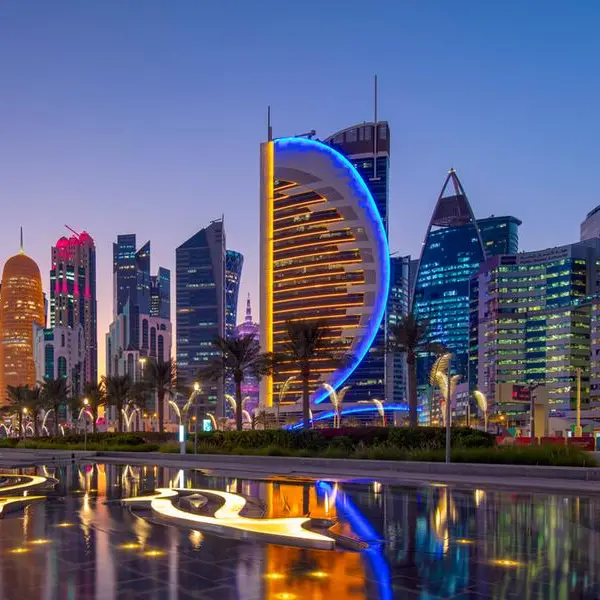PHOTO
Palo Alto Networks, is a global cybersecurity leader, and the American multinational company (MNC), headquartered in Santa Clara, California, was incorporated in 2005.
In January, Palo Alto Networks announced the appointment of Helmut Reisinger to the position of Chief Executive Officer (CEO) for Europe, the Middle East and Africa (EMEA) and Latin America (LATAM).
Reisinger was the CEO of Orange Business Services and also held leadership positions across Europe at Avaya Inc, NextiraOne Germany and Alcatel Austria.
The affable Austrian explained the “fragmented nature of the cybersecurity industry” during an exclusive interaction with Khaleej Times in the ongoing Gitex Global 2022.
“It’s important to understand that the industry is fragmented and has multiple players. For every new problem that a hacker creates, a new company is being created. For instance, take the case of Palo Alto Networks is the number one cybersecurity global firm with a 3.5 per cent market share. The hacker landscape has become an industrialised criminal intent, who are up against companies that are trying to protect. Cybersecurity is massive and important because of the rapid digitisation of companies. Data increases every three years. And, of course, the global economy has never been so interdependent,” he said.
The trend is significant for the Middle East, which has to double down its critical infrastructure while taking a cue from last week’s attacks on the German rail network.
Data shows that the nation state attacks have increased over 100 per cent in the past two years, which is playing out in cyber battlefields (the ongoing Russia-Ukraine conflict is a case in point).
Reisinger explained the uptick in ransomware attacks (see box) during the Covid-19 pandemic.
“Geopolitical tensions, the new way of working in a post-pandemic world and the supply chain criticality appear to be driving up these cyber attacks. However, our best practices ensure that our dedicated unit for disaster recovery emergency, which we call Unit 42, is always watching 56 organisations that offer ransomware as a service. Besides, the nature of the threat has changed because people are no longer in ransomware encrypting the data and then asking you for ransom. They are also exfiltrating data and they put on a so-called shame list. All of those companies whose data has been stolen are typically offered on the dark web,” he added.
He cited Dubai as a prime example of an interdependent economy, whose core strength is tourism and trading, which much like the Middle East must be on guard to keep ransomware attack at bay.
Source: Palo Alto Networks, in collaboration with YouGov, recently surveyed 113 respondents working in the IT industry in the Middle East, including the UAE and the Kingdom of Saudi Arabia
Copyright © 2022 Khaleej Times. All Rights Reserved. Provided by SyndiGate Media Inc. (Syndigate.info).




















